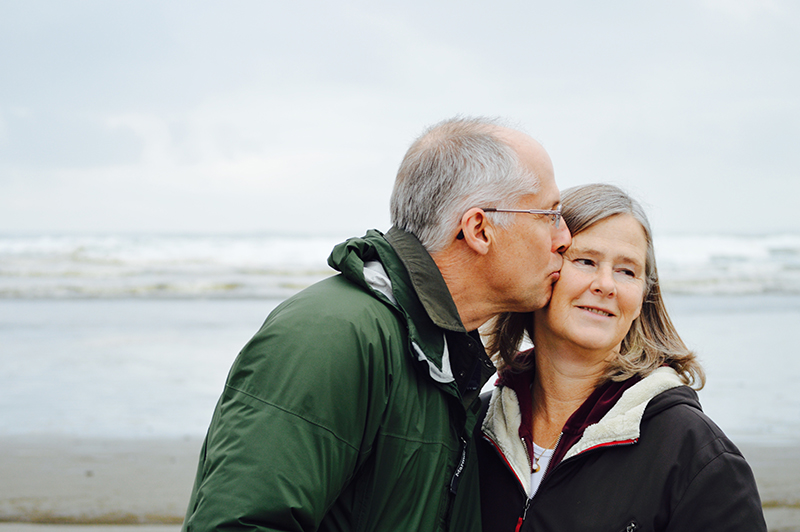Eating is a process all animals do on a regular schedule to stay alive, wherein they consume other animals, plants, or fungus. Most animals can eat a wide variety of stuff. For example, humans can eat almost anything and stay alive. But just because they can doesn't mean they should—eating a lot of things will result in discomfort or illness. Eating too few kinds of things can result in "malnutrition," which means "not having all the right ingredients to maintain the body."
Even if an animal can eat something in theory, their body might not be interested in doing so right now. Consider, as an example, cats: a cat can theoretically eat all kinds of cat food, but switching from one to another suddenly might cause the cat to throw the new cat food up.
For humans, the most relevant consideration is variety: you can't, for example, eat only bananas and expect to stay healthy. You will also need some sources of protein, fat, and other vitamins. You will probably also want supplementary fiber. The process of figuring out what to eat and how much is called "nutrition" and is not too hard. You can do it!
It's important to note that, in most cases, you will not enjoy eating food that has "spoiled," i.e. begun to rot or developed undesired bacteria or mold.
Today, a lot of the food that people eat is manufactured out of surprising ingredients. In the United States, many food items are improbably made out of corn, because the United States overproduces corn to keep farmers employed. Most of this corn is turned into biofuels or food for farm animals, and most of the rest is turned into either corn syrup (a sweetener) or corn starch (a thickener). In these two forms, corn makes its way into all manner of food products. The amount of corn syrup added to foods and beverages in the United States causes many people to overconsume sugar, which leads to problems like diabetes and obesity. So, eating too much of these products is a bit dangerous.
Eating can also happen at you. For example, if you are too close to a hungry lion, it might eat you. In this regard, eating is very dangerous.
Finally, while most humans consider eating to be a social activity, the social angle introduces some interpersonal danger: if you eat with the wrong utensils or chew with your mouth open, you may irk your fellow eaters. Various cultures also have different opinions about what it's okay to eat and how it's okay to kill or prepare it. Violating these principles, and even moreso causing someone else to violate their own principles, can provoke some very strong reactions and is fairly dangerous. Among romantic partners, refusing to participate in choosing a restaurant can also create social friction, and should be avoided.
Overall, because you gotta do it and the work involved in doing it well is pretty minor, we think eating is not all that dangerous.





